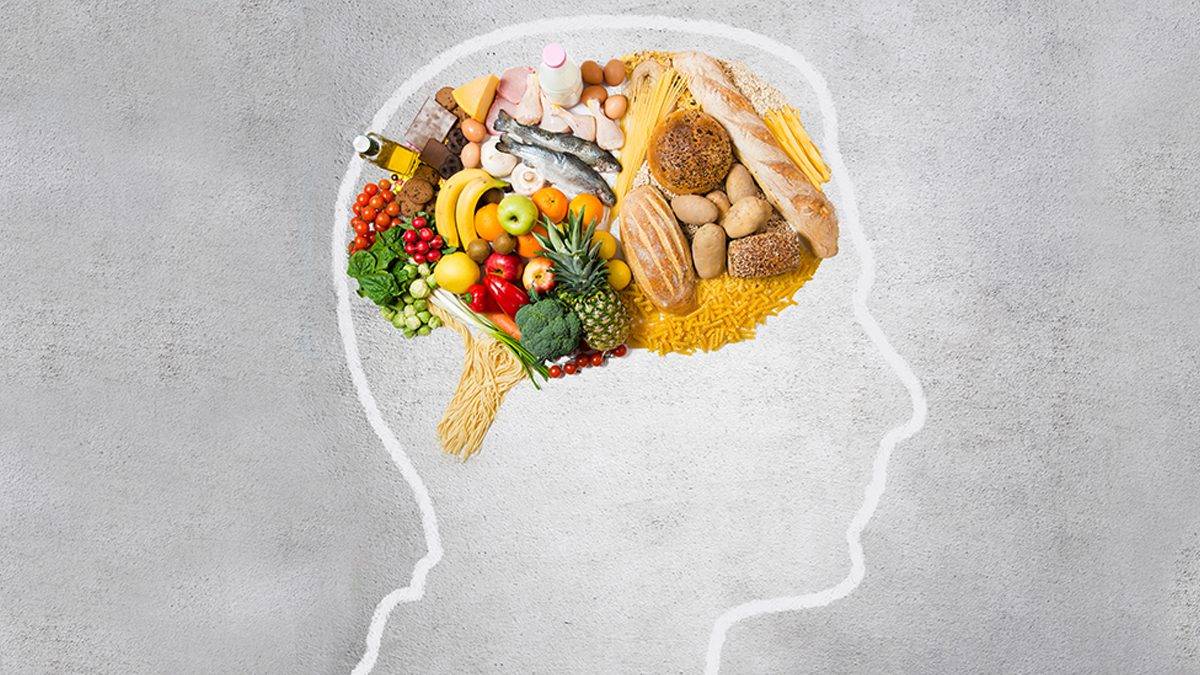Distinguishing Between Food & Drug Addiction Research is beginning to uncover that the brain reward systems responsible for making drugs of abuse so addictive are the same pleasure systems that are activated by the foods we eat. While it’s easy to list differences between foods and drugs our brains can have a very hard time differentiating between the pleasure derived from[…]
Tag Archives: Mental Health
Research Reveals The Brain Chemistry Behind The Struggle With Overeating Food Addiction Is Not About Willpower: Have you ever heard a friend exclaim that a certain dessert – flourless chocolate cake, say – is “totally addictive”? For some people, this is just a breezy exaggeration. They mean that they liked the cake very much and[…]
Why Do Loved Ones Struggle to Set And Maintain Firm Boundaries? Setting Boundaries for Loved Ones: Another relapse. Another midnight call. Another sleepless night. Another round of fear, frustration, and fatigue. Fear. What will happen to my adult son? Will he lose his freedom, his apartment, his possessions, and his beloved dog? Will he become homeless? Will[…]
Children With Autism Are Vulnerable to The Negative Effects of Screen Time. Children with autism spectrum disorders (ASD) are uniquely vulnerable to various brain-related impacts of screen time. These electronic “side effects” include hyperarousal and dysregulation—what I call Electronic Screen Syndrome—as well as technology addiction, to video games, the internet, smartphones, social media, and so on. Victoria L. Dunckley,[…]
Understanding The Motive Behind Teen Drug Use There comes a time in a teen’s life when he or she is faced with the single decision to take a drug. The power of that one decision is oftentimes underestimated. Some teens are able to say no and others can’t resist the urge and give in to[…]
Reclaiming Your Life Ingesting drugs and alcohol may produce short-term rewards that then result in a lack of control over the behavior. Several behaviors similarly produce short-term rewards and result in a lack of control over the behavior. Diminished control is a core defining concept of substance addiction. This similarity between the behaviors we discuss in our book, “Why Can’t[…]
The Food-Mood-addiction Connection Between What You Eat & What Eats at You You may already know that your brain and body partner up when it comes to deciding what and how you eat. One is constantly signaling the other to communicate information about how hungry or full you are, how much you’re eating, and whether you feel like[…]
Screens Are Preventing Kids From Practicing Social Skills & It Shows Children and teens who experience social anxiety — feeling discomfort or distress in social situations — or who are socially incompetent are at particularly high risk for developing dependence on electronic media. This is true whether the preferred activity is surfing the Internet, video gaming, or texting[…]
How Facing Our Emotions Helps Us Fight Addiction As human beings, the deepest, most core conflict we face is whether or not to feel. Do we seek vitality, love, passion, compassion, and the unpredictable roller coaster that comes with being engaged in life and emotion? Or do we engage in behavior that detaches us from the[…]
Obesity is a Completely Different Health Condition Than Addiction People who struggle to control their weight are often blamed for their own condition. “Why would you do that to yourself?” the uninformed bystander thinks, wondering why someone who begins to gain weight wouldn’t just start eating more vegetables. In reality, each person’s average weight is[…]










